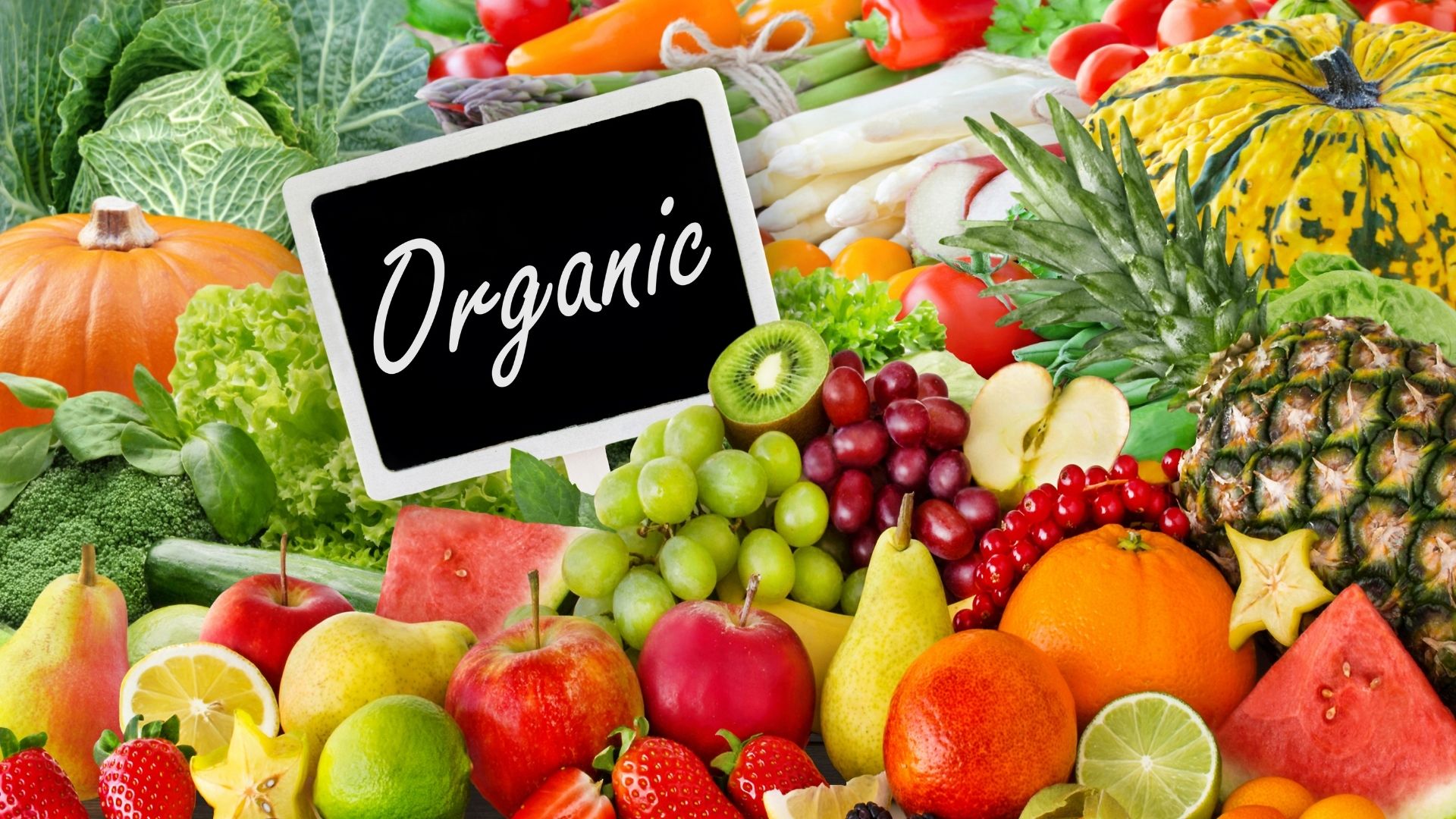As the social media generation, we are hyper-aware and constantly connected. We want our food to be free of carbohydrates, our beauty products to be free of chemicals, and our lives to be free of stress (though that last one may be a stretch!).
Therefore, even though people are becoming more health conscious, the word “organic” is one that we frequently use excessively. We frequently put a product right into our shopping basket if it says it’s organic. However, what does eating organic food actually mean, and is it really safer to choose organic?
So, what is it?
When people hear the term “organic food,” they frequently picture fresh vegetables devoid of pesticides, but it’s important to know what this label actually means.
Vandana Verma, senior dietician at Sir Ganga Ram Hospital in New Delhi, tells The Ultimate News that “in India, ‘organic’ means food grown without synthetic pesticides, fertilizers, or genetically modified organisms (GMOs), relying instead on natural substances and methods like crop rotation and composting.”
Furthermore, organic farming places a strong emphasis on soil health, sustainable practices, and natural pest management methods, according to Vaishali Verma, consultant in nutrition and dietetics at Manipal Hospital in New Delhi. Organic food production also seeks to enhance biodiversity and reduce its negative effects on the environment.
It’s crucial to remember that natural and organic foods are not interchangeable. While all organic foods are natural, not all natural foods are organic.
Organic vs conventionally grown food
Organic food is produced without the use of synthetic fertilizers, pesticides, or genetically modified organisms (GMOs), and specific animal welfare regulations are adhered to. However, there are fewer regulations governing the label for natural foods. It usually means that the product is free of artificial coloring, flavoring, and preservatives, but it doesn’t guarantee that there aren’t any genetically modified organisms or artificial pesticides,” says Vaishali Verma.
According to Vandana Verma, “Studies show that organic foods may have slightly more antioxidants, certain vitamins, and minerals than conventional options, though the difference is not consistently significant.”
Vaishali Verma claims that there are usually not many changes between conventional and organic meals in terms of vitamin content, such as vitamin C. Since mineral levels are mostly determined by soil quality, organic methods may improve soil health but do not always result in noticeable increases.
When determining nutrient content, factors such as crop variety, seasonality, storage practices, and soil quality are more important than organic or conventional labeling.
Additionally, while organic items are usually available locally and may retain more freshness, conventional products are sometimes sent across vast distances, which might damage freshness.
“One of the main distinctions between food produced organically and conventionally is the use of pesticides, which is substantially reduced in organic farming with little dependence on toxins. However, because organic food contains fewer preservatives, it tends to spoil more quickly,” says dietician Dr. Archana Batra of Gurugram.
Is it a scam?
She points out that the cost of organic food is also greater, which limits its accessibility, particularly for people with lower incomes. “To maintain your health on a budget, I recommend focusing on whole foods and seasonal produce, regardless of how they are grown,” she suggests.
According to Dr. Archana Batra, organic food is not a fraud. Its absence of artificial additives and pesticides lowers toxin consumption and offers a variety of nutritional advantages. However, both conventional and organic meals can be healthful with the right planning and preparation,” she explains.
Although eating organic food may limit exposure to some toxins, Vandana Verma notes that there is no assurance that it is completely free of contamination. There are benefits and drawbacks to both conventional and organic products.
Eating organic food might be advantageous, particularly if you want to stay away from pesticides. You may choose to eat the skins of organic vegetables, such as tomatoes or apples.
But if money is tight, concentrate on eating a healthy, nutrient-dense diet, whether it’s organic or not.
Vaishali Verma concurs, pointing out that while organic food may not always be noticeably safer or more nutrient-dense than conventional ones, it does have benefits including lower pesticide use, enhanced environmental sustainability, and particular cultivation methods.
When to choose organic:
- Pesticide reduction: Choose organic produce grown without synthetic pesticides.
- Environmental concerns: Organic farming practices support sustainability and soil health.
- Animal welfare: Organic standards often provide better living conditions for animals.
- Personal values: Buying organic aligns with supporting local farmers and sustainable practices.
When organic may not be necessary:
- Budget constraints: Organic foods are pricier; focus on affordable, nutritious options if cost is a concern.
- Minimal nutritional differences: Prioritise a balanced diet rich in fruits and vegetables over strict adherence to organic food.
- Limited access: If organic options are scarce, conventional produce can still be healthy when washed properly.
Before you go organic
Carefully reading labels to be sure the product you’re buying is actually organic is a smart first step. Avoid preservatives and refined sugars when reading labels. Because organic vegetables is more likely to have inherent flaws and spoil, look for certifications like USDA, India Organic, or Jaivik Bharat.
Organic does not necessarily mean healthy, according to Dr. Archana Batra. Examine the complete nutritional makeup, particularly if you suffer from diabetes or other medical issues.
Additionally, take your budget into account because traditional foods can also be nutrient-dense. Including a range of whole foods in your diet is the best course of action.
Remember the downside
Organic foods aren’t a panacea for health issues, but they can be a good option for people trying to cut back on pesticide use.
One major issue is the price, which prevents many people from having access to organic food. Additionally, organic foods are less readily available in some areas, which restricts choice, and their shorter shelf life results in greater waste.
Keep in mind that processed organic foods may still contain sugars and bad fats, so organic does not automatically equate to healthier.

